
While preparing a talk about Network Radios for my local club here in the UK, it struck me that the underlying issue about Network Radios and “traditional” Ham Radio is really one of propagation.
Let me explain.
Those of us who are hams or who have dabbled in Shortwave Radio for many years know the theory of long distance propagation. Radio waves reflect from the Ionosphere (or duct through the Troposphere in the case of VHF/UHF) and end up a long distance from their starting point. (There are other modes of propagation too, of course, but I’ll use these as a generalisation)
Natural v Man-made
The atmosphere is, of course, a natural phenomenon and we depend on it “behaving” in order to get our long distance contacts. For Network Radios, it is the Internet that is the propagating medium, at least at their end of the contact.
I can see certain similarities between the atmosphere and the Internet. The web is, in effect, a man-made propagating medium for signals – as opposed to a natural one.
Parallels in other hobbies
This got me thinking about parallels in other hobbies.
In rock climbing for example, enthusiasts climb on natural rock formations in the great outdoors – very scary – you won’t catch me doing that! But there are also many rock climbing “walls” indoors too and there are photos of these all over the web.
What strikes me from looking at these photos, is that the people climbing indoors seem to be having just as much fun as those climbing outdoors. The two experiences are different and yet peculiarly similar.
The outdoor rock (like the ionosphere) is natural – the indoor rock (like the Internet) is man-made. Neither stops the climbers having fun actually doing their climbing! Interestingly too, there seems to be a lot of youngsters doing the “man-made” climbing…
“Real” Ham Radio?
It is easy to dismiss the whole Network Radio phenomenon as “not real Ham Radio” but listening around, it seems there are plenty of folk enjoying radio (or radio-like experiences) without the “necessity” of transmitting on certain specific reserved bands.
As we go further into the 21st Century, I think we will see the lines between “naturally propagated” signals and “artificially propagated” signals blurring further.
As someone who enjoys CW, HF, VHF, UHF as well as D-STAR and Network Radios, I don’t see why that should be an issue, unless we as amateurs make it one.
Let’s keep what is great about the past of Ham Radio, without dismissing the newer technologies borne of the fantastic innovations that keep coming our way in the 21st Century.
Questions, questions, questions…
So, is the Internet any LESS valid as a mode of propagation for amateur signals, simply because it is man-made, rather than a force of nature?
Is all this a threat to Ham Radio as a hobby, or is it an opportunity?
Challenging questions and ones we can probably only answer for ourselves.
Perhaps the only question that matters is, are you enjoying your radio hobby, in whatever form it takes?
© February 2018 – Chris Rolinson G7DDN






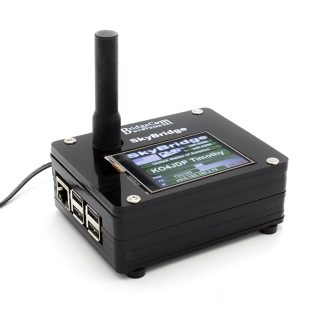
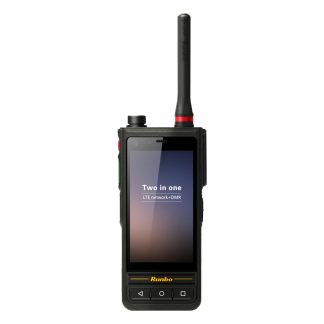
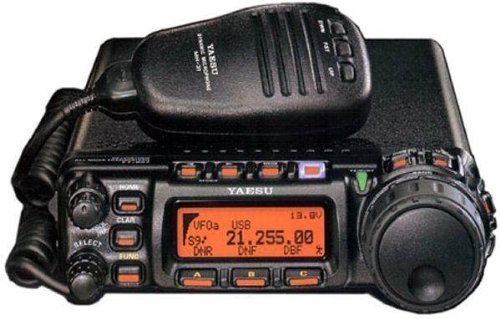

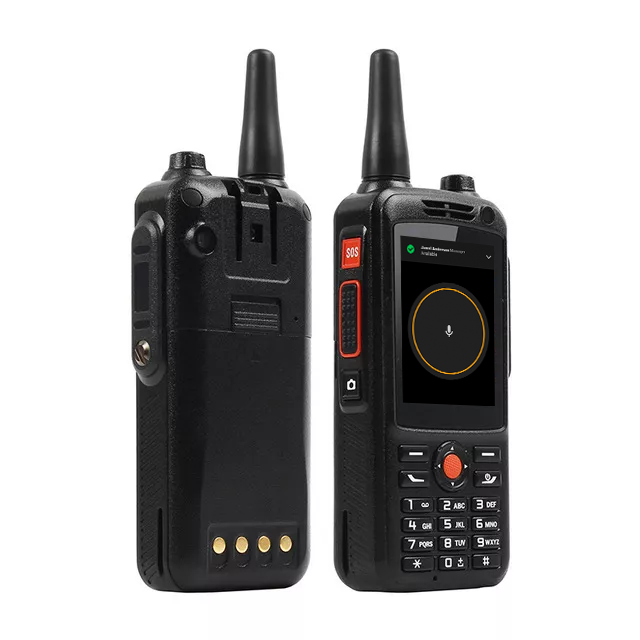
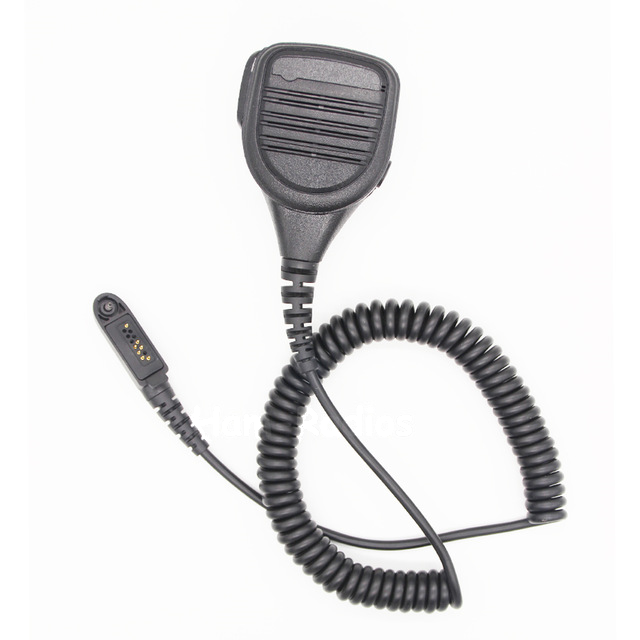
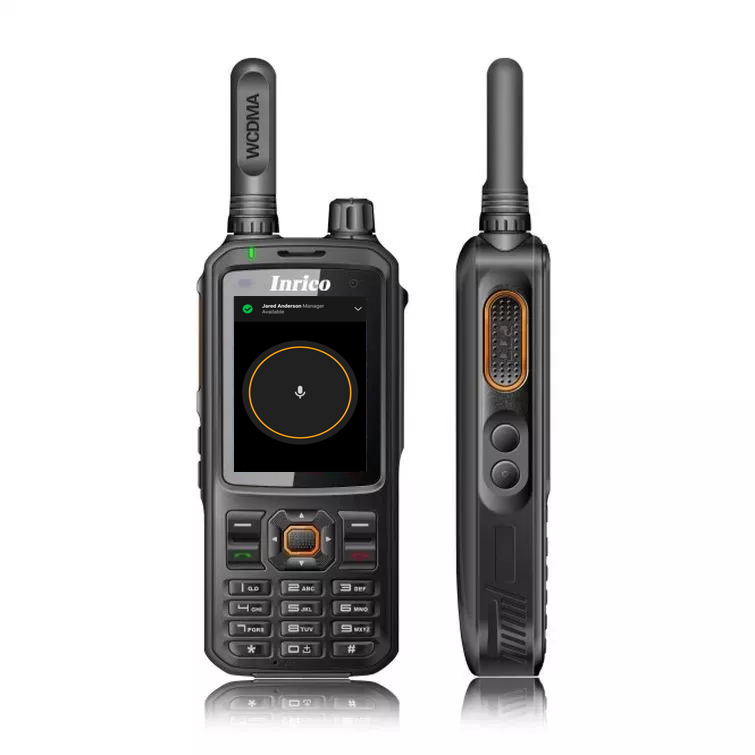
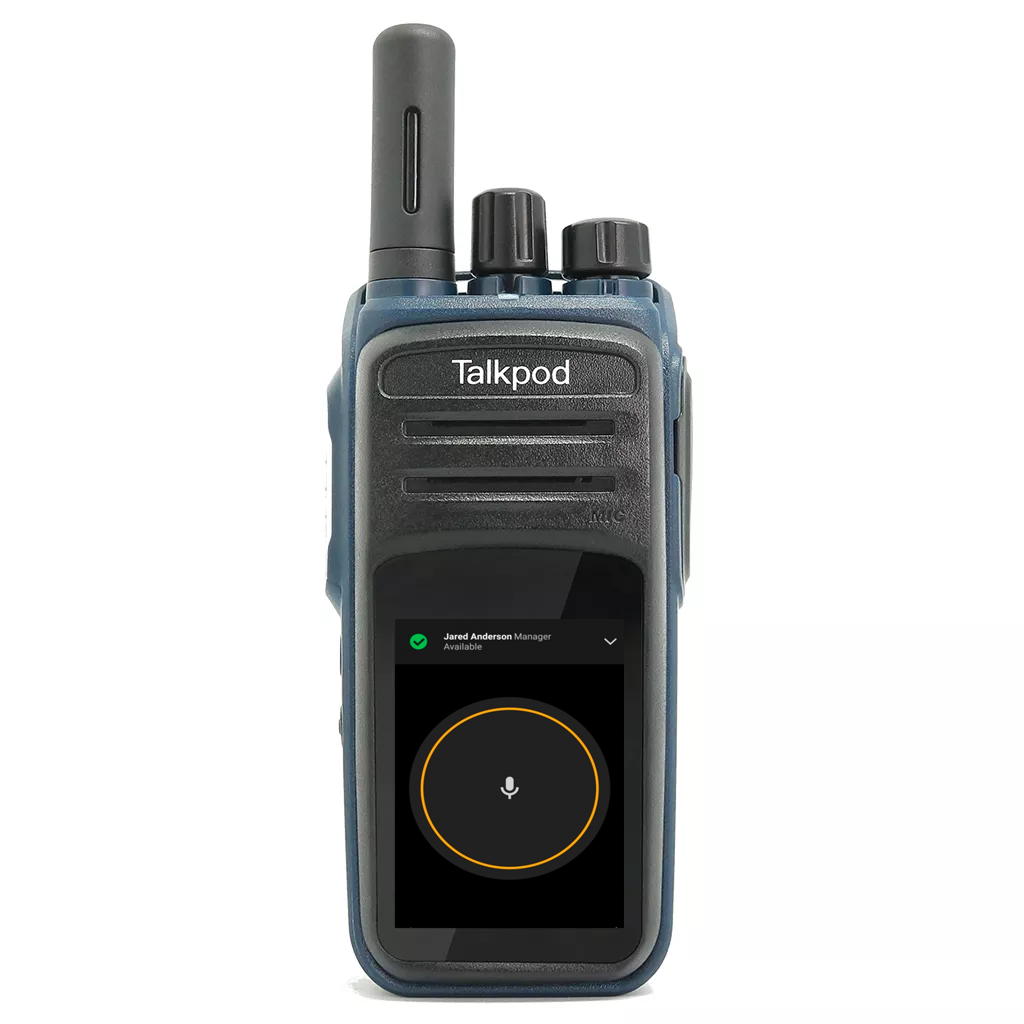
 Official RFinder shop
Official RFinder shop Official Inrico shop
Official Inrico shop Worldwide fast deliveries
Worldwide fast deliveries
Well said chris , we as hams have experimented with various Modes of transmissions as the hobby states , and why is network radio any different ? years ago we did packet radio , Packet radio is a particular digital mode of Amateur Radio (“Ham” Radio) communications which corresponds to computer telecommunications. The telephone modem is replaced by a “magic” box called a terminal node controller (TNC); the telephone is replaced by an amateur radio transceiver, and the phone system is replaced by the “free” amateur radio waves. Packet radio takes any data stream sent from a computer and sends that via radio to another amateur radio station similarly equipped. Packet radio is so named because it sends the data in small bursts, or packets.
So yes we played with the internet , network radio is just a step forward in the hobby , I have heard so many good reports on the use of network radio and the connection of the uk hub network , dstar, allstar, echo link, wires x ,DMR, to name a few, This is the future and yes some call it not radio ! but will we let the Phone overtake us as it has in the past ? Embrace this as technology moves forward and so should ham radio in all its forms .
Thanks Ian, for the kind comments.
I totally get where people are coming from saying “it isn’t amateur RF”. In the sense that we are not transmitting RF from an Amateur Band, that is clearly true.
I just think we need to think much more “out-of-the-box” than that now.
Technology has enabled us to be much broader in our thinking. Network radios are but one manifestation of this.
One guy at my radio club made an interesting point when he asked, “If Ham Radio were to be invented today, what would it look like?” I am guessing if it were invented today, it would include the Internet as a form of propagating signals from the get-go. We would not probably think of the Ionosphere first off as a primary propagating medium…
That having been said, how lucky we are to actually have ALL these tools at our disposal and not be restricted to only one of them!
An interesting look on amateurradio ! I stepped into hamradio from the technical side, and always had and have a great awe for realy good operators. They may not know (into minute technical detail) how their rig is constructed but the way they use it sets an example for me (and many others I might add …). If you listen to, or are part of, a good run net it realy makes no difference how you connect i.m.ho. It’s the interaction that counts. That said I do love to be able to cross a large distance with 10W out on 2 or 6m but the traffic is often limited to a proper exchange of callsign, location and RS(T). All in all I find PoC a nice new toy to play with. I do find myself looking at the small displays (TM7 and T298S) with the aid of a looking glass until I get the general idea of what’s shown there … 😉
I have mixed feelings on this. Network radios look interesting and I can see the application in situations where an antenna cannot be erected or maybe you are not in range of a repeater. However if all we do is use a network radio then we are entirely dependent on the internet and we are doing no more than making a phonecall. Amateur radio surely is more than that. It is the ability to communicate without using the modern infrastructure. I am not trying to demonise the use of these devices, in fact I can see their usefulness. My concern is that newly licenced amateurs may get the idea that these devices represent amateur radio but clearly they do not.
I’ve come to terms with what you call “network radio” and see it as a useful adjunct to the actual radio spectrum. It’s useful because, what’s wrong with hams having their own private intercom system? Maybe after an HF contest a group of hams get together via network radio to discuss how they did in the contest with others who enjoy the same facets of radio as they do – and without anyone having to relay messages because some on the ‘net’ can’t copy others. I’d say that’s a fantastic use for “network radio”.
On the other hand, if a person never tries any of the RF modes and confines their operation to Internet only, then I think they are missing out on the fascinating science of radio. But that’s okay too because it affords them another way to communicate with others of a like mind.
I often see the comment “well then you might as well just use a cellphone” but that’s really not a rational argument. How exactly would you do that – ring up random numbers and hope to find others willing to chat with you about common interests? Of course not, that’s a ridiculous argument in my book. “Network radio” provides a way for a radio ham to speak with one or more other radio hams about the many facets of radio, recipes, the good old days — whatever things hams talk about.
If the power goes down or if the Internet is removed it would break this facet of ham radio to be sure, but how often has that happened? And if power is down or the global Internet should be switched off for some extended period of time, you probably have much larger problems than not being able to chat with your buddies.
73, Jeff KE9V